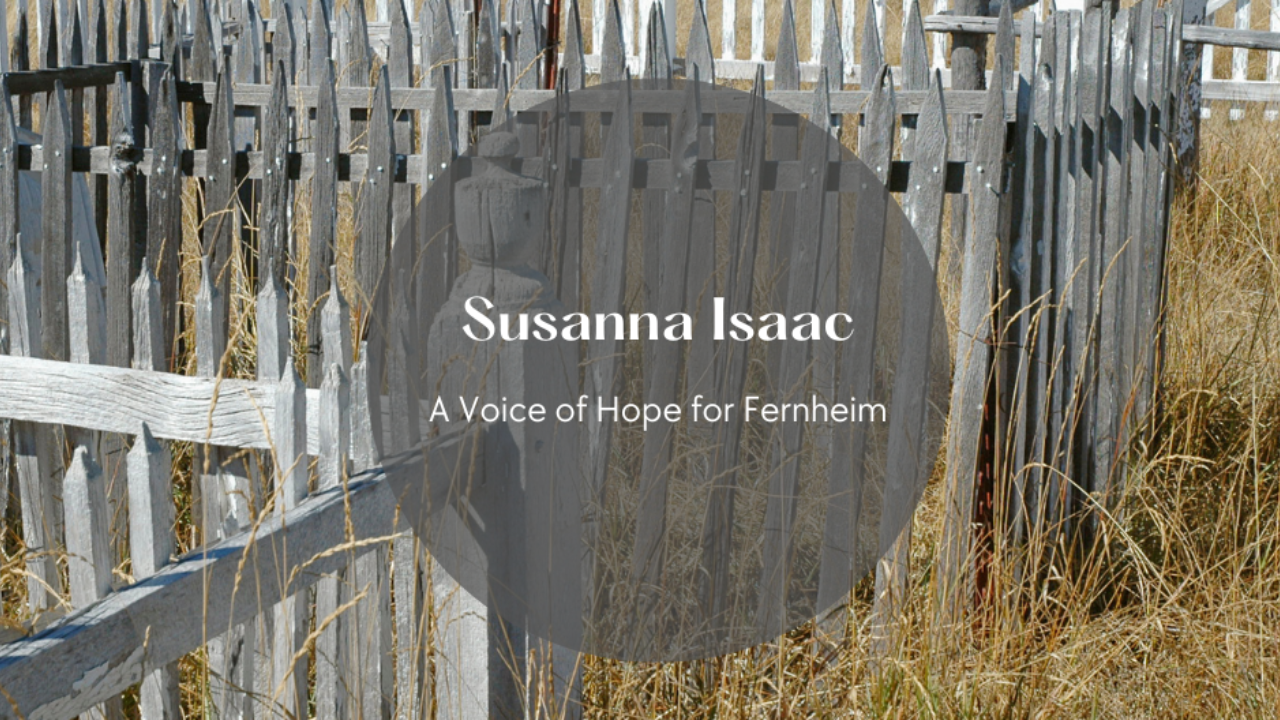Norms in a Relationship-Oriented Culture

Our Story
This story happened to Gene and I while living in Russia. It's been almost 20 years ago so I feel fine talking about it. BUT AT THE TIME…it crushed me.
We had just finished out two years of intense language and culture training. Hours were spent learning new vocabulary and practicing them with strangers and friends. Our oldest two were beginning to speak the language (with no accent!) Finally, our two year commitment to learning the language and hopefully some enculturation had been completed, and we were ready to move on.
An exciting opportunity lay ahead of us. Multiple organizations were coming together to form a leadership training center, and WE were being asked to be a part of it. The plan was to connect with churches around Russia and have them send people who were interested and had vested some time in the church. These churches were from areas as far as the Arctic Circle in Salekhard to the southern parts of the Caucasus (a region nestled between the Caspian Sea and the Black Sea).
The various churches were connected to supporters abroad who had committed to providing the essential needs for a given amount of years. When the students from these different areas of Russia arrived in our city of Krasnodar, they were placed in teams. These teams were intentionally made to have students from similar regions work and build community together.
Various leaders from the different organizations that had formed the leadership training center took on teams of 10 -15 students. We were assigned as leaders to the students from various northern places. Most of our team members were single, however we had a young married couple who had their first child during these years with us. With us being in our late 20’s with 3 young children at the time. The team was perfect!
When the students weren’t taking classes at the Leadership Center, they were socializing and making connections in the community. The idea was that each team would do some form of outreach or community service that would eventually lead to a new church plant. Our home became the hub for gatherings, not just for prayer and scripture reading, but also for games, food, and fellowship. We were connecting with our team and with our community!
Friends we had made during our years of language learning became interested in what we were doing. We had become close friends with a couple who had stayed behind in Russia when the majority of her family had emigrated to the USA. I guess we became somewhat of that US connection for her. We had spent many times building a relationship drinking tea around their table. We trusted eachother.
Andre and Anya joined our team a year after the leadership program had begun. We were excited to have them work with us, but little did we know that we were still lacking in our full understanding of Russian culture. As we were making plans for furthering our outreach and service in the community we began to notice how things were shifting on our team, and we found ourselves to be on the opposite side of the fence. One thing led to the next, and soon we felt stuck. How would we get the wheel moving again?
The ideas presented on our part were ones that represented the mission of the Leadership Training Center. One of the ideas that brought great push back was that every team member was being asked to move forward in having small group bible studies in their homes. Our team’s idea was to rent a large room and invite people to come and listen to various presentations. Not being well versed in conflict resolution, and our naivety on Russian culture, we didn’t come to a resolution. Our relationship with our dear friends began to suffer, and we didn’t know how to move forward.
We turned to our director of the organization and asked for advice on how to move beyond what seemed to be a stick in the wheel. After laying out the whole situation around the dinner table, their advice was to dismiss certain members of the team. This included our friends, Andre and Anya. Even after 20 years, I can still sense the feelings of discomfort that I was faced with at that time. How were we going to dismiss them when we had just recently welcomed them to our team?
In recent months however, Andre and Anya just didn’t seem content, and hints were given on their part that they may end up leaving the team. Maybe this conversation would be easier than we thought. We picked up the phone (mistake!), and when Gene got off the phone, I knew that it hadn’t ended well. Even after a few days, when Gene went over to their house to talk things through personally again, he wasn’t welcomed. The door to our friendship seemed to have been closed. I felt like a failure.
Recently, in doing some cultural research, I came upon a very interesting discovery about Russian culture. Immediately, I understood the deeper cultural mistakes we had made in leading our small team. Here are two norms that I wish I would have known then:
The Focus is Relationship
My husband, Gene, and I were raised in between cultures of North America and South America. Moving to Russia seemed like an extension of those two worlds. When it came to language, we could roll our /r/ which was essential to speaking the language, and even the vowel sounds were similar. Speaking the language with a limited accent came easy to us. The culture also seemed to have some similarities. Spontaneous hospitality among close friends. Necessary offensive and defensive driving skills. Open air markets. Humor. All of these cultural nuances made us feel at home in Russia.
A cultural nuance that Russia and Brazil have in common is that they are much more relationship oriented than they are task oriented. In business, task oriented cultures value the amount of work completed in a day, and relationships are not necessarily the focus. With Gene having been raised in Brazil for most of his life, when it comes to relationship building, the Brazilian Gene comes to life!
Ever since I’ve known him, he has amazed me how he can take time to visit and get to know a person. The fact that his project for the day is being interrupted won’t ever phase him. He loves taking the time to visit with people. During our years of language study in Russia, it was common for Gene to spend time in the market talking to the vendor which would eventually lead to inviting him over to our house for dinner. The cultural norm of relationships seemed to come easy when it came to connecting with Russians.
Even though Gene was raised in Brazil and has a great understanding of a relationship oriented culture, the other culture that has also impacted his approach to decisions has been his task-oriented home culture. In this culture, if a business partnership doesn’t work out, or if goals in a relationship no longer match, the relationship is easily dropped and everyone moves on. This doesn’t happen in a relationship-oriented culture. If the business task breaks down, the deeper emotional connection still remains. Friends are friends forever.
This type of relationship focus had been the approach Gene had with Andre during our years of language study. Both had become closer friends as they had been open and vulnerable with each other. They even traveled to different regions of Russia together. Andre saw Gene as a trustworthy friend. To have Gene communicate a message of dismissal from a team, this breached a trust and caused deep hurt.
The deeper emotional connection was deeply wounded by us ignoring the relationship aspect of Russian culture. We defaulted to the ‘American’ approach and when our goals no longer lined up. We dropped the business relationship, but we failed to recognize the underlying friendship that was thrown out with the bathwater.
Leadership - Power Distance
Another Russian cultural norm in a business type relationship is that one expects the leader to demonstrate competency by providing direction to the team. Erin Meyers in The Culture Map, talks about how too much discussion back and forth will create uneasiness and push back. Team consensus, as in an egalitarian approach, isn't the outcome they are looking for. They want top down direction. This hierarchical leadership style forms a distance between the leader and the subordinate. In his research in world cultures, Hofestede labeled this a power distance, a common norm that impacts success in business. A level of respect is practiced between the two levels, and in order to move forward with common objectives, this distance needs to be maintained.
With this in mind, certain directives need to come from the person holding the title as leader of the organization. In our case we had been given the term ‘leader’ for our team, but that wasn’t how it was interpreted in the minds of our Russian teammates. They voiced this through questions like, 'when will we hear from the director'. The director had the final say.
With our team leadership leaning towards an egalitarian approach (where everyone has a voice and a consensus is reached), we admitted that we wanted to learn with them. We established a basis that meant that we would be on the same level together as we followed the Vision of the Leadership Training Center.
We communicated a co-learning rather than a leadership power distance, therefore we were not in a position to communicate who would have to leave the team. This action collided with the relationship we had fostered until that point. It came across as a backlash. Not a genuine, trustworthy friend. This relationship may have continued on if the dismissal had happened from what the team considered their ‘leader’.
Lesson learned
For you this would probably have been obvious. Don't talk on the phone to convey an important message or potentially hurtful one! Our gut was telling us to give it time, but somehow it felt urgent to push this through, so we ignored the feeling and picked up the phone.
In a relationship-based culture choose to communicate in a way that leans more towards making the relationship a priority. If we could do it again, we would have gone over for tea to feel out the situation. Were they at the point of moving on? What were their goals in the near future?
By giving it some time, we would have been able to let the severance from the team play out on its own without having to ruin a friendship and so much more. Coming from a task-oriented culture, we had so much to learn.
Oh! And what I said about Gene having a Brazilian culture, in this situation it didn't work towards his benefit because the relationship-based culture of Brazil reflects more of a western culture than it does an eastern culture. More about this soon to come...
As the world becomes more global in working together in business, education, and human services, it will be an advantage to all of us to be aware and adaptable of cultural norms. It takes time to communicate these differences and learn from each other. Being able to laugh at our differences and humble ourselves when our style has totally offended the other side are ways that we can successfully navigate the waters with cultural icebergs.
The Language Learning Guide
Get the FREE resource to boost your language learning efforts.
If you are wanting to learn a new language for a specific situation and you just can’t find the program to meet that need, I’ve created a guide with strategies and tools to create phrases that resonate with your context.
We hate SPAM. We will never sell your information, for any reason.




